Bench takes exception to SC Panama verdict
Says one 436 Pakistanis were named in the leaks but only one family was singled out
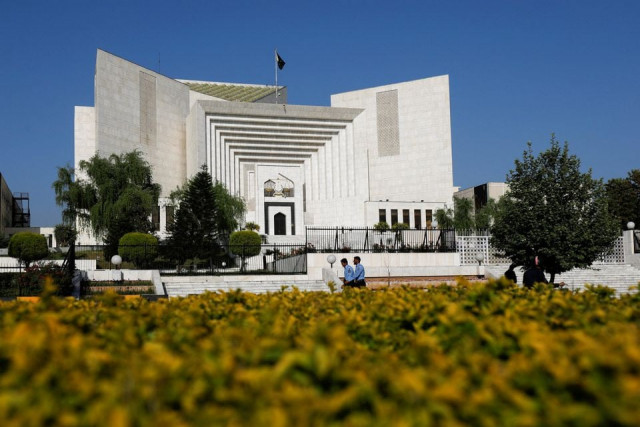
A division bench of the apex court on Friday took exception to the July 2017 verdict of a five-judge Supreme Court bench in the Panama Papers case, observing that the bench did what was not even related to the April 2016 leaks.
“The Supreme Court did something extra. It even disqualified [former prime minister Nawaz Sharif],” said Justice Sardar Tariq Masood.
In April 2016, the Panama Papers, a treasure trove of leaked document, disclosed how thousands of people across the world had stashed their wealth in tax havens through offshore companies. The papers included names of 436 Pakistanis including the family members of Nawaz Sharif.
A number of petitioners including Pakistan Tehreek-e-Insaf (PTI) chief Imran Khan and Jamaat-e-Islami (JI) chief Sirajul Haq filed petitions in the apex court. Later, a five-judge SC bench on July 28, 2017 disqualified the former premier for not disclosing the salary that he received from a company owned by one of his sons in his nomination papers submitted before July 2013 general elections.
“One family from among 436 people [named in the leaks] was singled out,” Justice Masood said, adding that “it is not a crime to create an offshore country.”
Read Pre-May 9 situation: Can the CJP rewind the clock?
Justice Masood was leading the division bench also comprising Justice Aminuddin Khan that on Friday resumed hearing of JI chief Sirajul Haq’s petition for launching investigation against 436 Pakistanis named in the leaks.
During the hearing, the bench asked why the petitioner did not approach institutions including the National Accountability Bureau (NAB), the Federal Investigation Agency (FIA), the Federal Board of Revenue (FBR) and the State Bank of Pakistan (SBP) in the last seven years.
“How can the Supreme Court conduct an investigation in the presence of regulators and investigation agencies like the FBR, the SBP, the FIA and NAB? If the Supreme Court forms a judicial commission in the presence of these investigation agencies then how will these departments work? And how can the court make a decision without hearing the 436 people named in the leaks?” Justice Masood asked.
The bench observed that the law could not be by-passed in the presence of the FBR, the FIA, NAB and the SBP. “Should the state institutions be closed and all the work be done by the Supreme Court?” the judge asked.
Read more Divided we stand: Supreme Court judges still poles apart
The bench also asked the JI lawyer as to what was the petitioner’s interest in the investigation against those persons. The lawyer replied that it was a matter of public money.
“Why did the idea of public money not come to the petitioner when the JI after 24 hearings of the [Panama Papers] case dissociated itself from the main case,” he said.
The judge also pointed out that names of some businessmen were also mentioned in the Panama Papers. He asked the lawyer whether he wanted to drive these businesses out of the country.
Justice Aminuddin Khan said that he wanted to talk about many things but he could not say everything. He said first money was transferred abroad legally and then a smear campaign was launched.
Justice Masood said the court will have to see how this case would be heard under Article 184 (3) of the Constitution. “There are different opinions about Article 184(3),” he said. Later, the court adjourned for four weeks.


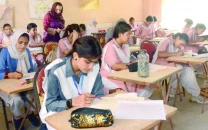

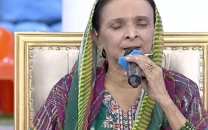
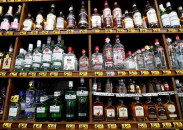
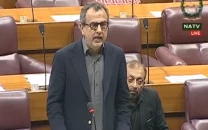












COMMENTS
Comments are moderated and generally will be posted if they are on-topic and not abusive.
For more information, please see our Comments FAQ